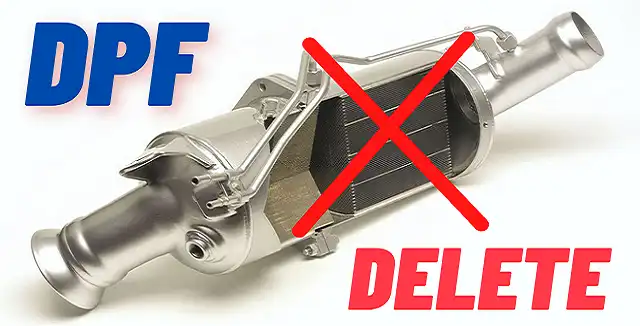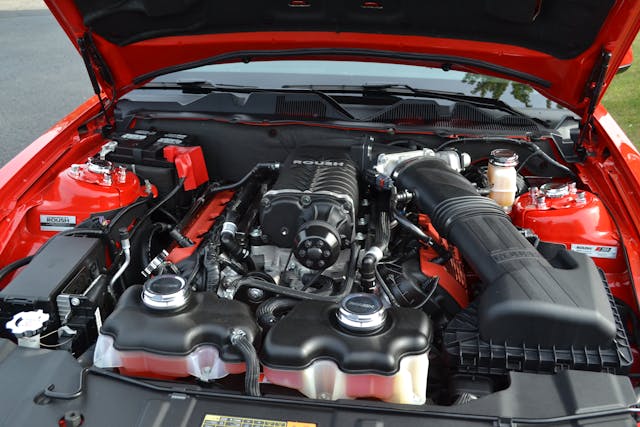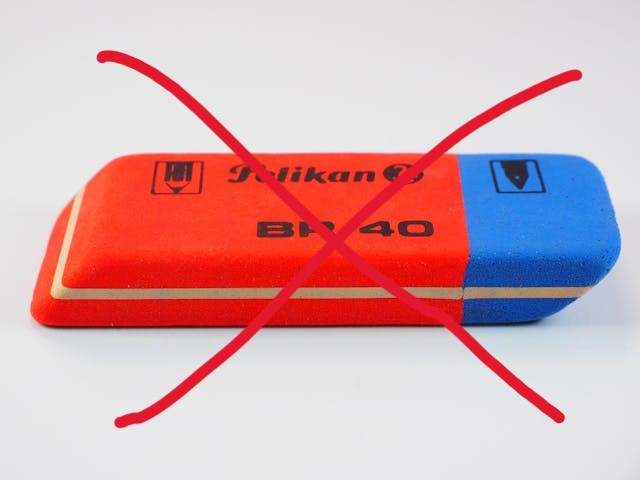When it comes to enhancing the performance of diesel vehicles, DPF delete and remap have gained popularity among enthusiasts. However, it’s essential to understand the legal implications associated with these modifications. In this article, we’ll delve into the legalities of DPF delete and remap, providing you with the information you need to make informed decisions.
Understanding DPF Delete and Remap:
Before diving into the legalities, let’s briefly recap what DPF delete and remap entail. DPF (Diesel Particulate Filter) is an emissions control device installed in diesel vehicles to reduce particulate matter emissions. DPF delete involves removing or bypassing this filter, while remap refers to modifying the engine’s electronic control unit (ECU) to optimize performance after the removal or bypass. These modifications can result in improved engine performance, but they also have legal implications that need to be considered.
The Legal Landscape:
The legalities surrounding DPF delete and remap vary from country to country and even from state to state within certain countries. In many regions, tampering with emissions control systems such as DPF is strictly regulated and may be illegal. For example, in the United States, the Clean Air Act prohibits the removal or tampering of emissions control devices, including DPFs. Violating these regulations can result in hefty fines and penalties.
Enforcement and Penalties:
While the legal framework surrounding DPF delete and remap exists, enforcement may vary. Some jurisdictions have dedicated enforcement agencies tasked with monitoring and penalizing violations of emissions regulations. In other cases, enforcement may rely on periodic emissions testing or vehicle inspections. Regardless of the enforcement mechanism, the penalties for non-compliance can be severe, including fines, vehicle impoundment, and even criminal charges in some cases.
Considerations Before Modifying:
Given the legal risks associated with DPF deletion and remap, it’s essential to consider several factors before proceeding with these modifications. Firstly, familiarize yourself with the emissions regulations in your area and seek guidance from legal experts if necessary. Additionally, consider the potential consequences of non-compliance, including financial penalties and legal repercussions. Finally, weigh the performance benefits of DPF delete and remap against the legal risks and consider alternative tuning options that may be compliant with emissions regulations.
Alternative Tuning Solutions:
For diesel vehicle owners who want to enhance performance without running afoul of emissions regulations, there are alternative tuning solutions available. For example, many reputable tuning companies offer emissions-compliant remap options that optimize engine performance while retaining emissions control devices such as DPFs. These emissions-compliant tuning options can provide significant performance gains without sacrificing legal compliance.
Seeking Professional Guidance:
Navigating the legalities of DPF delete and remap can be complex, so it’s essential to seek professional guidance from knowledgeable sources. Consult with reputable automotive technicians or legal experts who specialize in emissions regulations to understand your rights and obligations concerning emissions control devices. Additionally, research reputable tuning companies that offer emissions-compliant tuning solutions and adhere to applicable regulations.
Final Thoughts:
In conclusion, understanding the legalities of DPF delete and remap is crucial for diesel vehicle owners considering performance enhancements. While these modifications can offer significant performance gains, they also carry legal risks, including fines and penalties for non-compliance with emissions regulations. Before proceeding with DPF delete and remap, it’s essential to familiarize yourself with emissions regulations in your area, consider alternative tuning solutions, and seek professional guidance to ensure legal compliance. By making informed decisions and adhering to applicable regulations, you can enjoy enhanced engine performance without running afoul of the law.











Leave a Reply